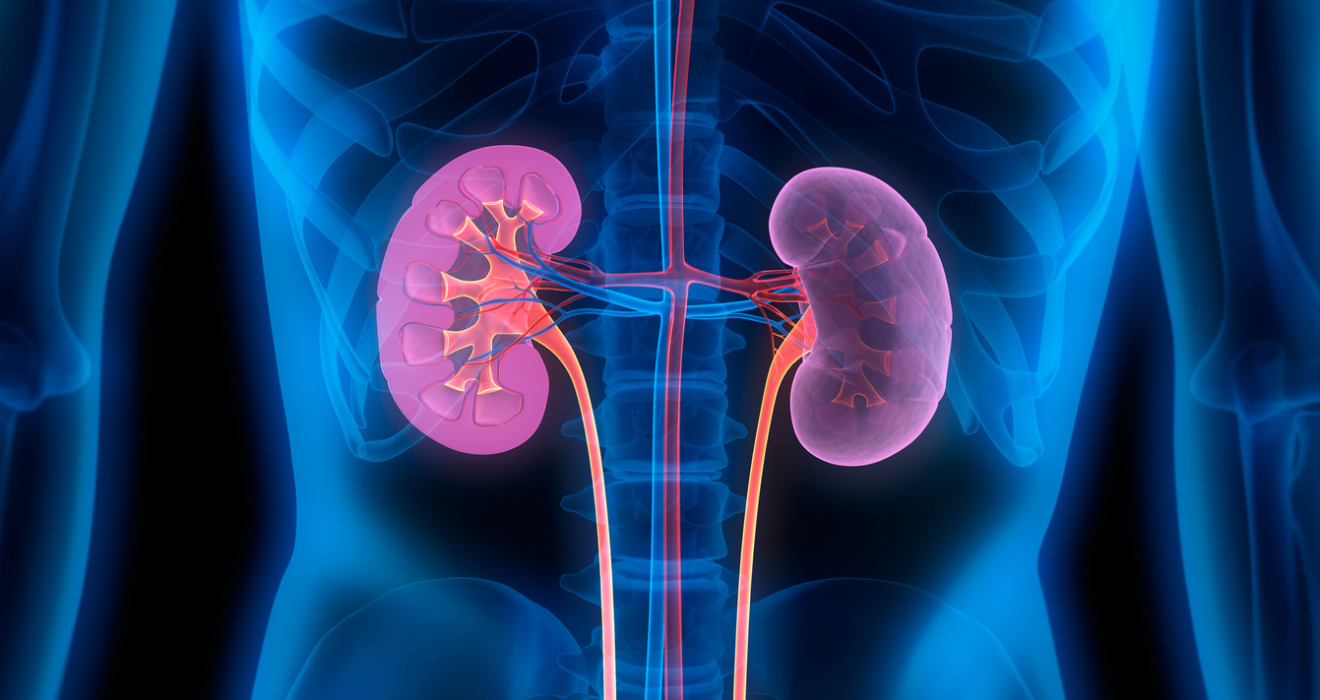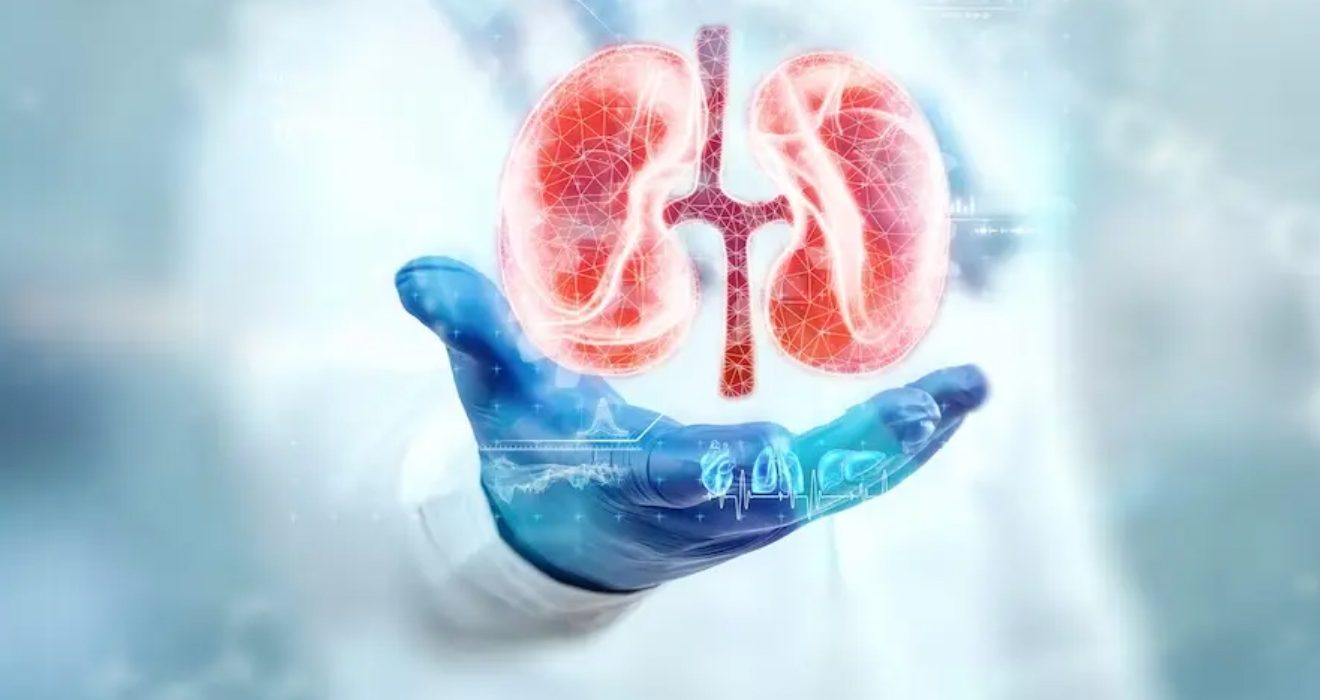Nephrology Department
Nephrology is a branch of internal medicine that focuses on the diagnosis and treatment of diseases and disorders related to the kidneys. Nephrologists are medical doctors who specialize in caring for patients with kidney conditions, including acute and chronic kidney diseases, electrolyte imbalances, hypertension, kidney stones, and fluid and electrolyte disorders.




Diagnosis and Evaluation:
- Conducting thorough medical histories and physical examinations to assess kidney function and overall health.
- Ordering and interpreting diagnostic tests such as blood tests (e.g., creatinine, electrolytes), urine tests, imaging studies (e.g., ultrasound, CT scans), and kidney biopsies to diagnose kidney conditions.
Treatment Planning:
- Developing individualized treatment plans based on the specific kidney disorder, its underlying cause, and the patient's overall health status.
- Implementing interventions to manage symptoms, slow disease progression, and prevent complications.
Management of Kidney Diseases:
- Managing acute kidney injury (AKI) and chronic kidney disease (CKD) through medication management, dietary modifications, and lifestyle changes.
- Providing renal replacement therapy options such as hemodialysis, peritoneal dialysis, and kidney transplantation for patients with end-stage kidney disease.
Hypertension Management:
- Addressing hypertension (high blood pressure), which is commonly associated with kidney disease, through medication management and lifestyle modifications to help protect kidney function.
Electrolyte and Acid-Base Disorders:
- Treating electrolyte imbalances (e.g., hyperkalemia, hyponatremia) and acid-base disturbances (e.g., metabolic acidosis, alkalosis) to maintain proper kidney function and overall health.
Kidney Stone Management:
- Providing medical and dietary recommendations to prevent kidney stone formation and implementing treatment strategies for the management and prevention of recurrent kidney stones.
Management of Fluid and Volume Status:
- Monitoring and managing fluid and volume status to prevent fluid overload or dehydration, particularly in patients with kidney disease or heart failure.
Acute Kidney Injury (AKI):
- Sudden loss of kidney function often caused by factors such as dehydration, infection, or medication toxicity.
Chronic Kidney Disease (CKD):
- Progressive loss of kidney function over time, often associated with conditions such as diabetes, hypertension, and glomerulonephritis.
End-Stage Kidney Disease (ESKD):
- Advanced stage of kidney disease requiring renal replacement therapy such as dialysis or kidney transplantation for survival.
Glomerulonephritis:
- Inflammation of the glomeruli, the filtering units of the kidneys, which can lead to kidney damage and dysfunction.
Polycystic Kidney Disease (PKD):
- Inherited disorder characterized by the formation of fluid-filled cysts in the kidneys, leading to kidney enlargement and impaired function.
Nephrolithiasis:
- Formation of kidney stones, which can cause severe pain, urinary obstruction, and kidney damage.
Hypertension:
- High blood pressure, a common risk factor for kidney disease and a condition that nephrologists often manage in their patients.
Dialysis:
- Hemodialysis: Removing waste products and excess fluid from the blood using a dialysis machine.
- Peritoneal dialysis: Using the peritoneal membrane in the abdomen as a natural filter to remove waste and excess fluid from the body.
Kidney Transplantation:
- Surgical transplantation of a healthy kidney from a donor into a recipient with end-stage kidney disease.
Kidney Biopsy:
- Obtaining a tissue sample from the kidney for diagnostic purposes, often performed to determine the cause and severity of kidney disease.
- Medical School: Completion of a Doctor of Medicine (MD) or Doctor of Osteopathic Medicine (DO) degree.
- Residency in Internal Medicine: A 3-year residency program focusing on the diagnosis and treatment of adult diseases, including rotations in various medical specialties.
- Fellowship in Nephrology: An additional 2-3 years of specialized training in nephrology, which includes clinical rotations, research, and hands-on experience in managing kidney disorders.
Nephrologists play a crucial role in managing kidney health and treating a wide range of kidney-related conditions, helping to improve the quality of life and outcomes for patients with kidney disease.
Nephrology Specialist
A nephrology specialist, also known as a nephrologist, is a medical doctor who specializes in diagnosing, treating, and managing diseases and conditions affecting the kidneys. Nephrologists play a crucial role in the healthcare system, given the vital functions of the kidneys in filtering blood, maintaining electrolyte balance, regulating blood pressure, and more.

